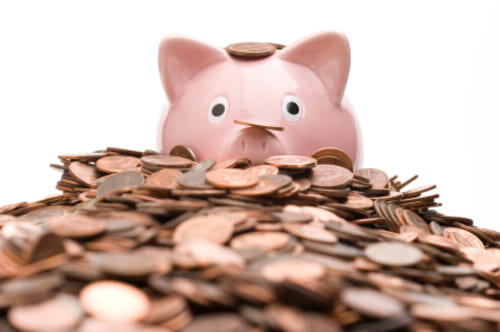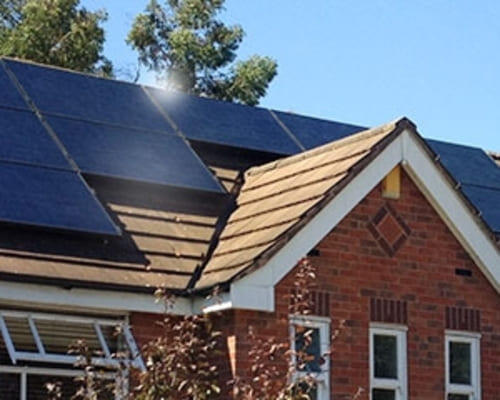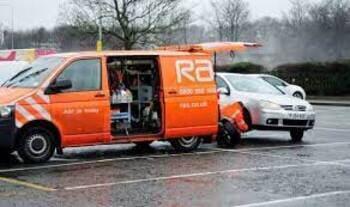There are many things for which you might want to gather savings. You might be enthusiastic about funding a future purchase of a house or car, helping to get your offspring through university, financially preparing for your wedding, or doing something else that will call for significant monetary outlay.
However, your tax obligations can chip away at your attempts to save, and so make a drudgery of trying to find money to set aside. Thankfully, you can shield your savings from tax by placing them in what is called an Individual Savings Account - or ISA. What exactly are ISAs and how can they benefit you?

ISA Benefits In a Nutshell
In his 2016 budget speech, former Chancellor of the Exchequer George Osborne hailed various merits of ISAs. "We know people like ISAs - because they are simple," he stated in words quoted by the Express. "You save out of taxed income; everything you earn on your savings is tax-free; then it's tax-free when you withdraw it too."
In that same speech, Mr Osborne announced a new type of ISA - the Lifetime ISA - aimed at assisting young people in saving for a first home and retirement. However, there are various kinds of ISAs available, and you can maximise the benefits by cleverly utilising different ISAs.
There's a New Limit!
During the present 2018-19 tax year, which ends on April 5, 2019, you can save as much as £20,000 in an ISA. This has been significantly raised from the £15,240 limit that applied to ISAs in the tax year 2016-17.
Osborne raised this limit in a bid to encourage more saving, but the financial benefits can seriously stack up when you do much more than simply top up an ISA right to the new limit. The careful strategic use of ISAs can pay off in more ways than one, but what are the different types of ISA available?
How Useful Is a Cash ISA For Saving?
The kind of ISA with which you are probably already most familiar is a cash ISA. It can be described simply as a savings account that never incurs tax - everyone in the UK who is 16 or over gets an ISA allowance at the start of each tax year. Year after year, the money saved in an ISA remains exempt from tax.
However, the appeal of cash ISAs has been somewhat complicated by the launch of the personal savings allowance (PSA) at the start of the 2016/17 tax year. As a result, for many of us, tax is now automatically waived on all savings.
Taxpayers on the basic 20% rate can now amass up to £1,000 interest yearly before tax becomes payable on it, while this limit is £500 for 40% rate taxpayers. Those on the top 45% rate are still routinely charged tax on savings.
All of this means that the sole question the majority of people need to ask themselves is "what pays the highest interest rate?" Alas, a cash ISA doesn't, so if you have total savings of less than £20,000, it probably isn't the best option for you. However, there are still certain situations in which it might be.
Different ISAs Can Have Different Implications
The most crucial factor in defence of cash ISAs is that the interest from one doesn't count towards your PSA. This means you can earn it tax-free, while still benefitting from your complete £1,000 or £500 PSA allowance. So if you're a top-rate taxpayer or a serious saver who has used up the PSA, it can actually be highly advantageous from a tax perspective to save in a cash ISA.
Furthermore, the recent introduction of flexible cash ISAs enables you to replace any cash you withdrew from an ISA earlier in the same tax year without your annual ISA limit being used up. Still, whether you can personally do this in practice is at the discretion of the provider of your own ISA.
If, however, you are seeking to buy your first home, it's best to pour your money into a Help to Buy ISA rather than a cash ISA. This is because, while the Help to Buy does place a lower cap on savings, it more than makes up for this restriction by also adding a 25% bonus to that money.
Saving into both a Help to Buy ISA and cash ISA during the same tax year is not possible, but separating your savings between a cash ISA and a stocks and shares ISA is. The latter ISA is, of course, suited to investors - particularly as, like all other forms of ISA bar cash ISAs, it doesn't require you to pay tax on capital gains or income that you make from investments held in the ISA.
Naturally and conveniently, the same can be said about Innovative Finance ISAs, which are new and include peer-to-peer loans. So, should you hang onto an old ISA? Possibly not. We would recommend that those who do hold an old ISA check its attached rate, which can often be surprisingly meagre by the standards of the many other options out there these days.
So, Which ISAs Should You Consider?
If you have your heart set on a cash ISA, you can get an especially great rate - 1.01% AER - from the Virgin Money Defined Access E-ISA. However, you can make only limited withdrawals with this ISA - in contrast to the ns&i one per cent AER Direct ISA, which offers unlimited withdrawals.
As the stock market can seem relatively risky but still offers promising potential rewards, you might want to divide your ISA allowance between a stocks and shares ISA and a cash one. Keep in mind that you can divide it like such in any ratio, so choose one that could work especially well for you.
There is a lot that you can learn about ISAs. However, if you perceive them not as investments in their own right but instead as a "wrapper" for keeping your investments and savings safe from tax, you can more easily see the benefits of extensively using ISAs to meet various financial ends.









